What Do Octopuses Eat?
Scientists have discovered over 300 species of octopus. Learn what do octopuses eat & diets include birds, shrimp, lobsters, sharks, clam, and fish.
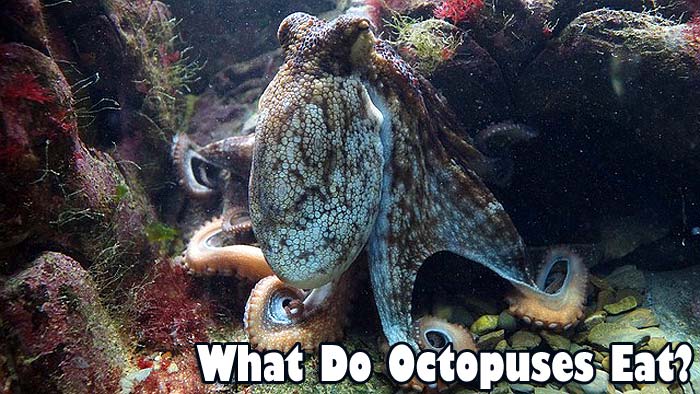
Scientists have discovered over 300 species of octopus. Learn what do octopuses eat & diets include birds, shrimp, lobsters, sharks, clam, and fish.
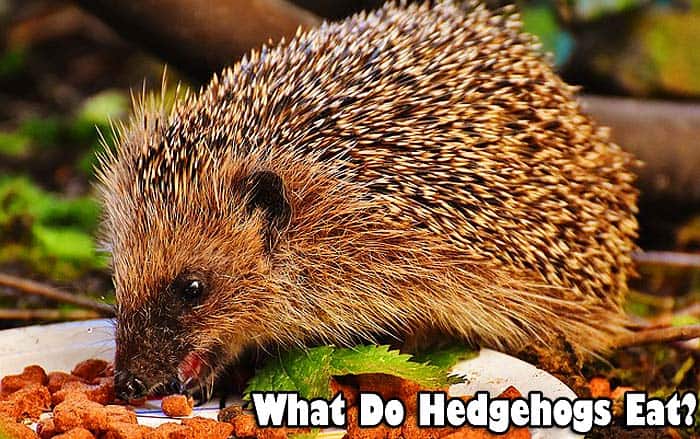
Hedgehogs are small mammals with a unique morphology (sharp spines on the back). Learn what do hedgehogs eat, their diet by hedgehog types & more here.
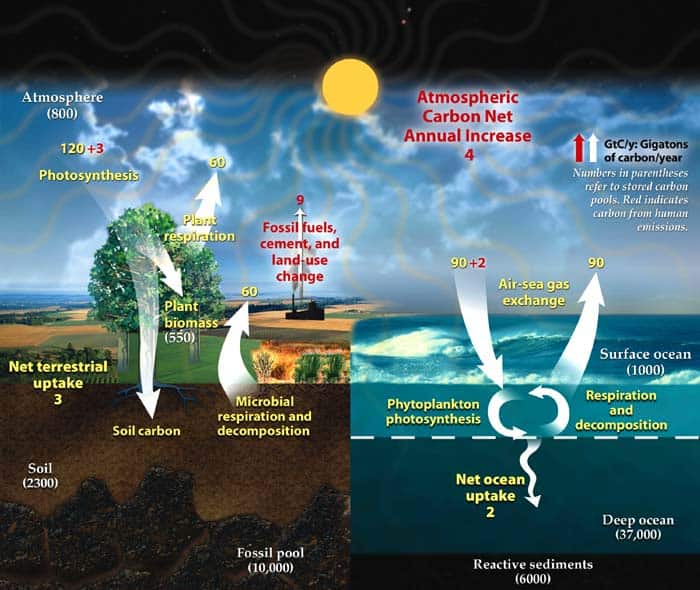
In this article, gain a deeper understanding of how carbon is cycled through the living & nonliving components of the biosphere – carbon cycle steps & more.
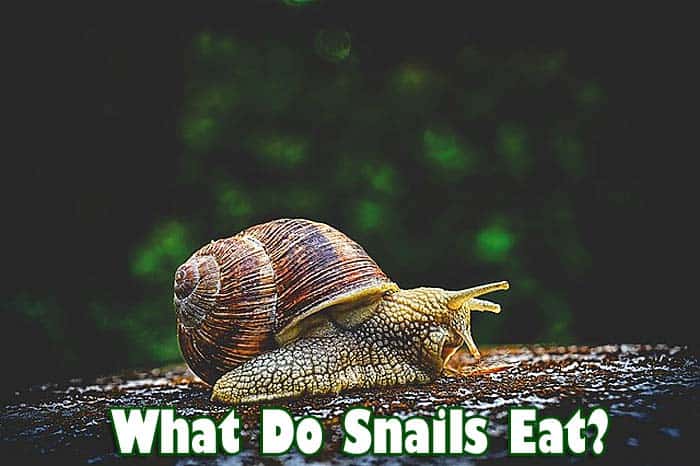
Snails are diverse feeders & what they eat depends on their classification as herbivores, carnivores, omnivores, or detritivores. Learn what snails eat in detail here by their types.
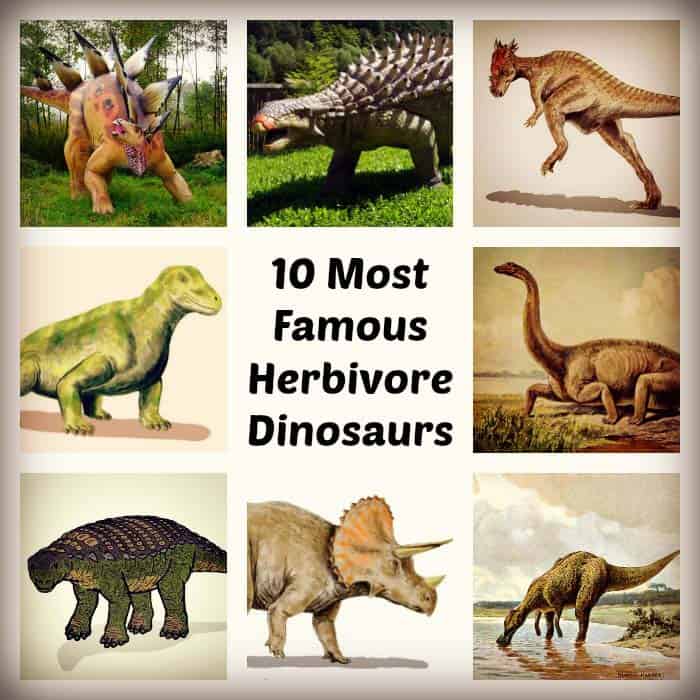
Believe it or not, not all dinosaurs are ferocious meat eaters; in fact, some of them are vegetarians! Discover the top 10 famous herbivore dinosaurs here.

Cell specialization is the process by which cells evolve to cells with specific functions. Let’s explore its mechanisms, examples and significance here.

A neurologist is a medical specialist who treats the disorders of the nervous system. Explore how to become a neurologist, required education & Salary Info.
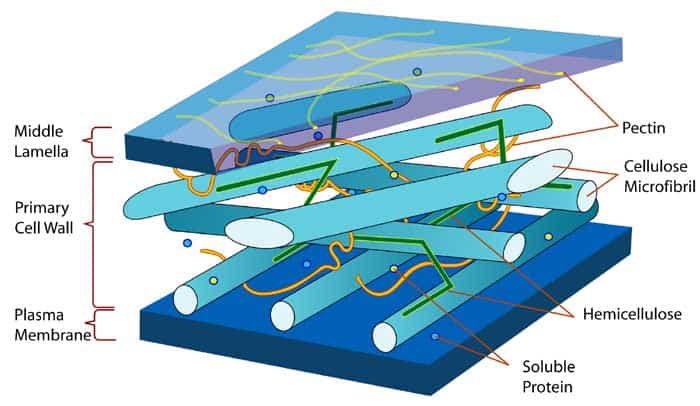
The cell wall is the structural layer encircling the cell membrane. Discover the different types of cell walls, their structures, and their functions.

An oncologist deals with the diagnosis and treatment of cancer. Explore how to become an oncologist, types of oncologists & educational qualifications here.

Medical examiners are specialists that undertake post-mortem examinations of died people. Explore how to become a medical examiner, required education, anticipated salary information.
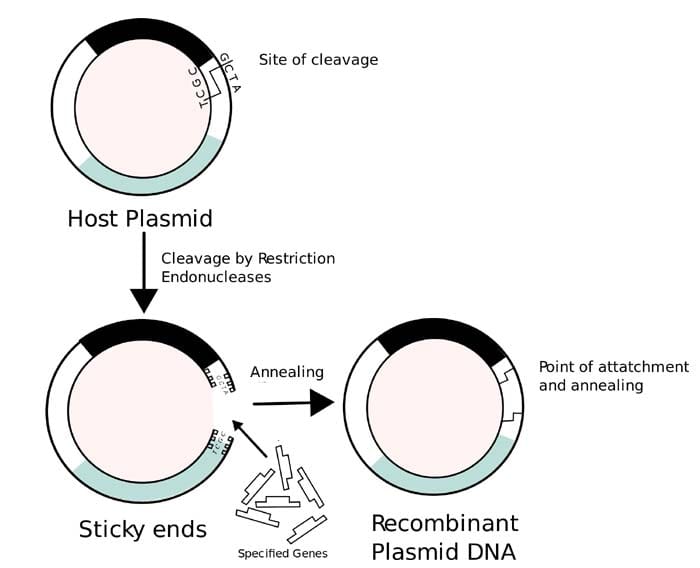
Recombinant proteins are translated products of the expression of recombinant DNA in living cells. Learn its definition, history, two methods & applications.

Ecological pyramids serve as the representation of the relationship among organisms in an ecosystem. Learn their overview, 3 major types & limitations here.

Llamas are camelids with notable long necks and legs, with incisors protruding and split upper lips. Explore what do llamas eat, types and what eats llamas.
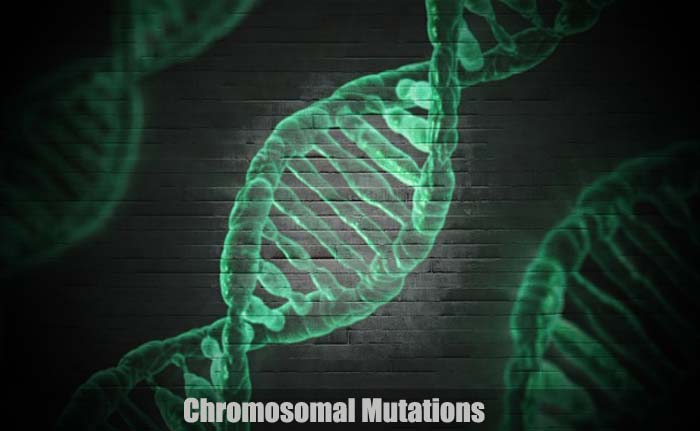
Chromosomal mutations are any alterations or errors that occur on a chromosome. In living organisms, mutations occur at one in every ten million cell replications. Explore what happens when a chromosome encounters such changes in its structure, number, and type. Learn the pros and cons of chromosomal mutations.
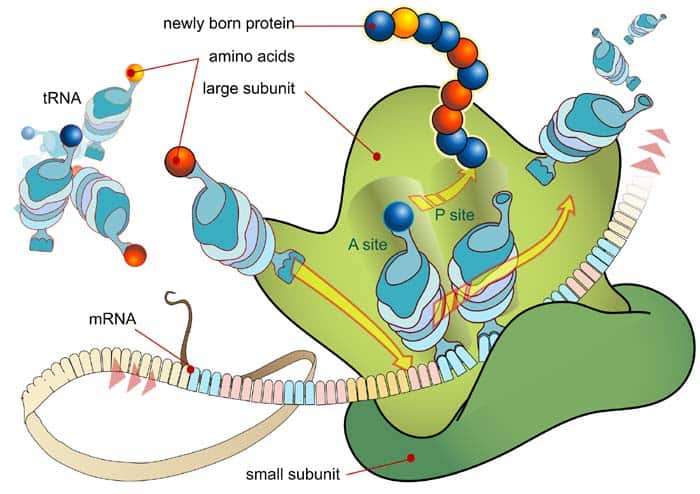
Get an overview of translation biology – the process where the encoded info in mRNA is translated into amino acids and proteins (Protein Synthesis Steps).

A hematologist is a medical specialist that deals with blood disorders. Explore how to become a hematologist and educational requirements & salary info here.

Exotic plants, when introduced to a foreign place, have the tendency to overgrow and dominate. Listed are the 25 most known exotic flowering plant species.

A nephrologist is a medical specialist that specializes in kidney diseases. Explore how to become a nephrologist, educational qualifications & salary info.
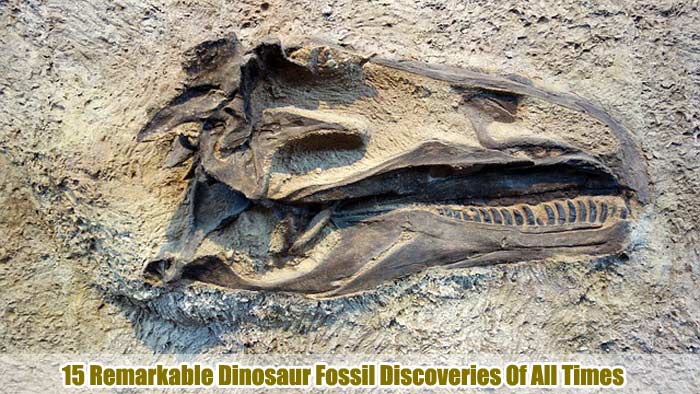
Discover the 15 most famous dinosaur fossils of all times. Fossils that remarkably improved the scientific study of dinosaurs and prehistoric life. Dinosaurs have already gone extinct but much information about them still remain-because of their fossils. Fossils don’t easily degrade or decompose; hence they are a good source of evidence about the prehistoric life on the planet.

An ophthalmologist is a medical specialist that specializes in treating eye diseases and problems with sight. Explore how to become an ophthalmologist here.

A neurosurgeon is a highly qualified medical specialist that can perform surgeries on the brain & spinal cord. Explore how to become a neurosurgeon here.

A sleep doctor is a medical doctor who deals with sleep-related problems. Explore how to become a sleep doctor, types of sleep doctors, how & what they treat.
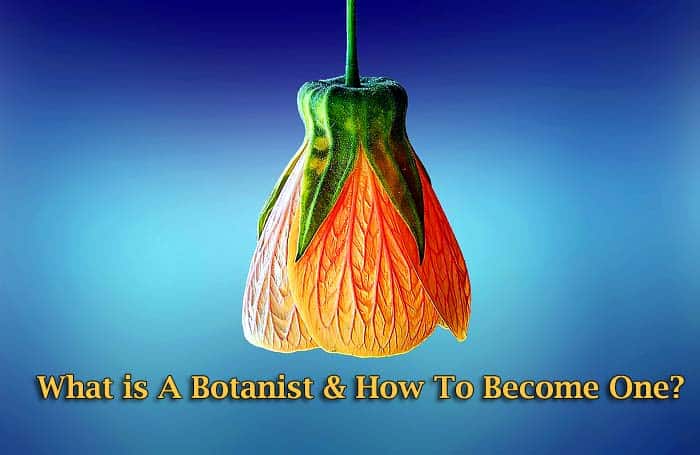
Learn What is A Botanist, How to Become A Botanist, Botany Degree Programs & Courses in Universities and Online, Educational Requirements for Botanists.
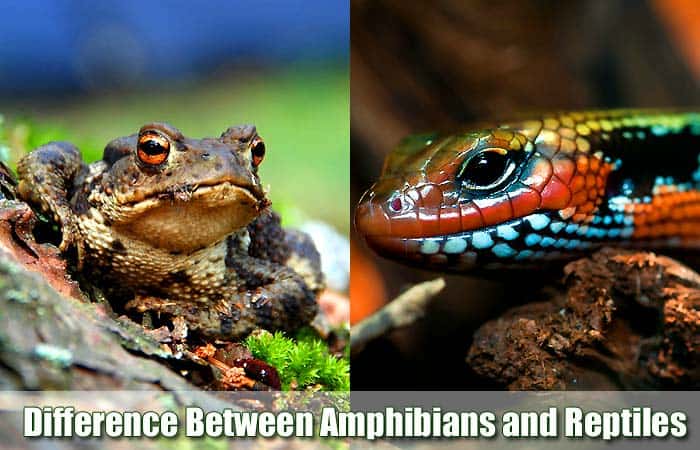
In the animal kingdom, amphibians and reptiles are the most frequently interchanged; Here are the similarities & difference between amphibians and reptiles.

Pathologists can be both researchers and advisors to medical teams. Explore the types of pathologist, how to become a pathologist, Salary & other resources.

A parasitologist is a specialist whose primary focus is parasites (viruses, bacteria &, etc). Explore how to become a parasitologist & educational needs here.

Otolaryngologists are doctors who specialize in the disorders of Ear, Nose, Throat & related bodily structures. Learn how to become an otolaryngologist here.

An optometrist is an eye specialist who can evaluate patient’s vision health and provide correct vision aids. Learn how to become an optometrist here.

An orthopedic surgeon is a specialist that treats problems with muscles and limbs. Explore how to become an orthopedic surgeon & educational criteria here.
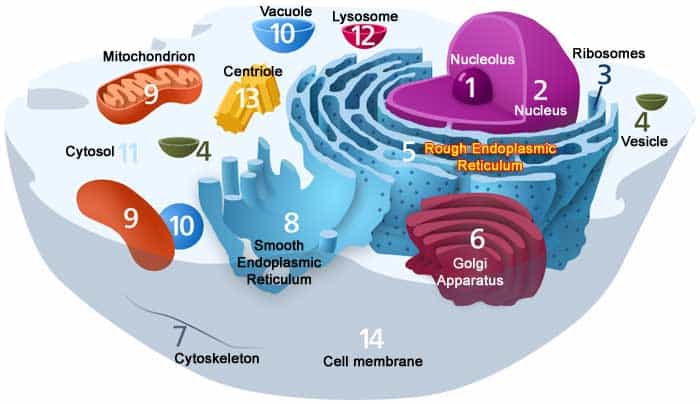
By definition, the cellular organization is the components that make up the cell and how they are arranged inside it. Each component, called an organelle, performs a specific vital function for the cell. In this article, we will explore the basic functional components of the cell and cell shape and size.
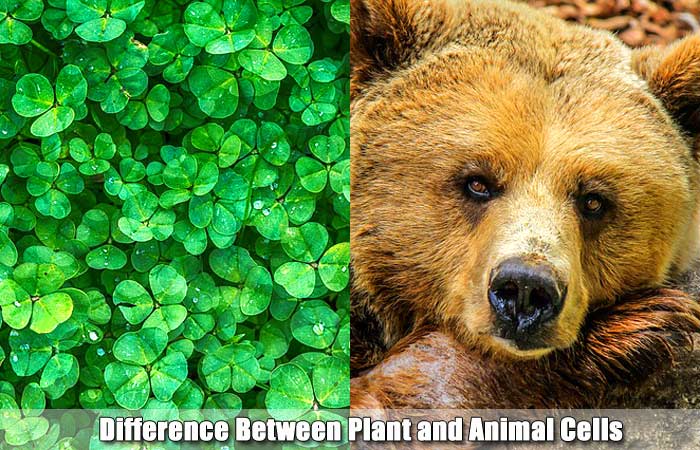
Although both animal and plant cells bear similarities, there are differences between plant and animal cells in shape, size, Organelles & functions. Explore plant cells vs animal cells from 17 cellular perspectives, such as shape, size, plasticity, vacuole, chloroplast, lysosome, centriole, food storage, and more.
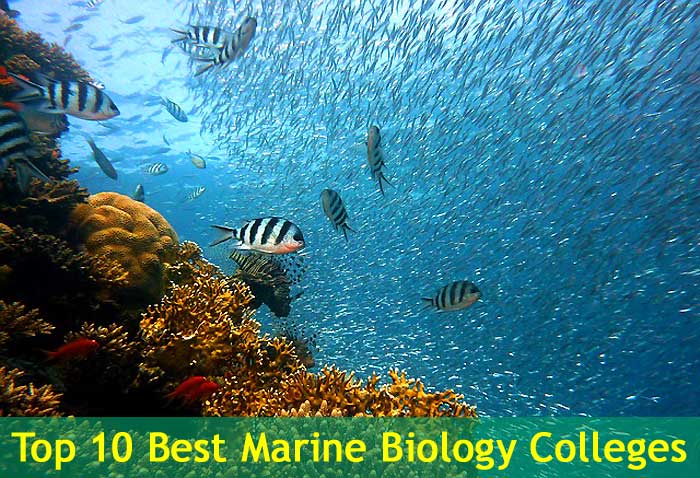
The top 10 Best Marine Biology Colleges & Universities in North America offer excellent marine science programs in state-of-the-art facilities.
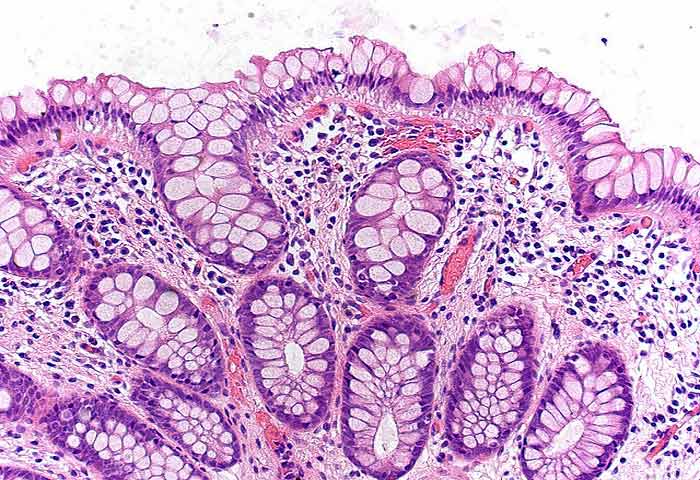
Let’s explore the biology of Goblet Cells ranging from their definition, functions, where found, mode of mucus secretion, associated diseases with diagrams.
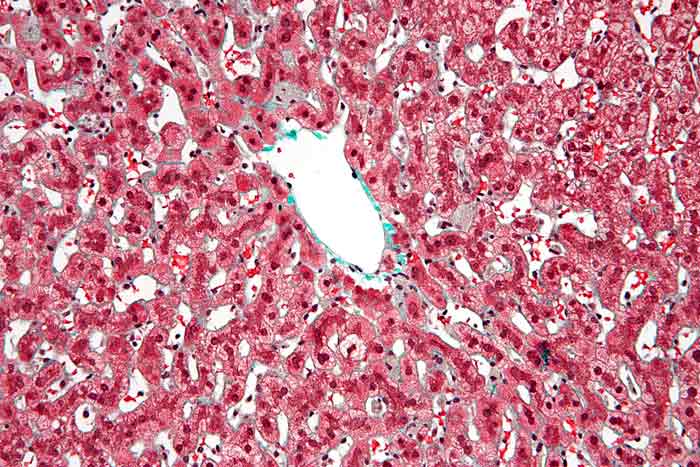
Kupffer Cells are specialized macrophages in the liver. Let’s explore the definition, anatomy, and functions of Kupffer cells. Kupffer cells are mammalian bodies’ most abundant tissue macrophages, constituting 80-90%. Also known as Kupffer-Browicz cells or stellate macrophages.
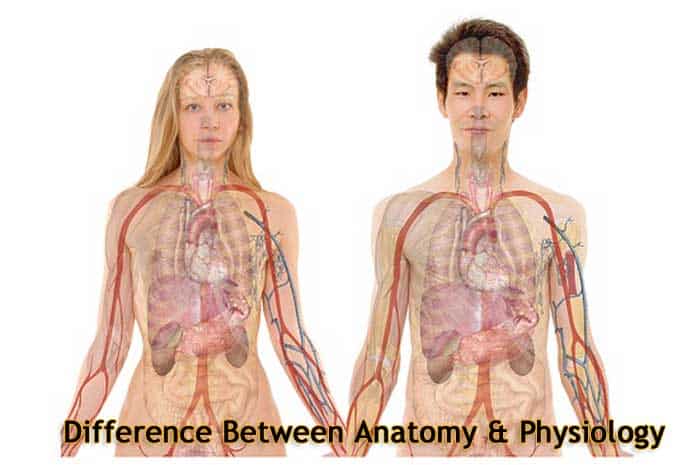
See the difference between anatomy and physiology from technical & academic/career perspectives though they make a good pair of related branches of knowledge.

Living organisms are classified into 3 biological groups Prokarya, Archaea, & Eukarya. Learn domain Eukarya kingdoms & characteristics here.
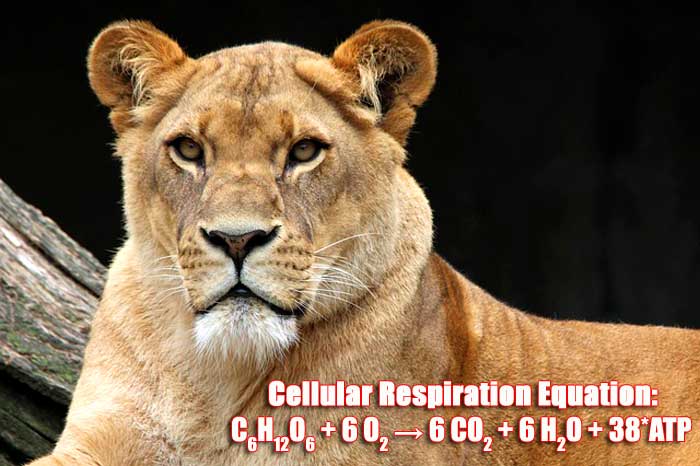
Cellular Respiration is the process by which living organisms produce energy. Learn Cellular Respiration Equations, Types, Stages & Products via illustrations.
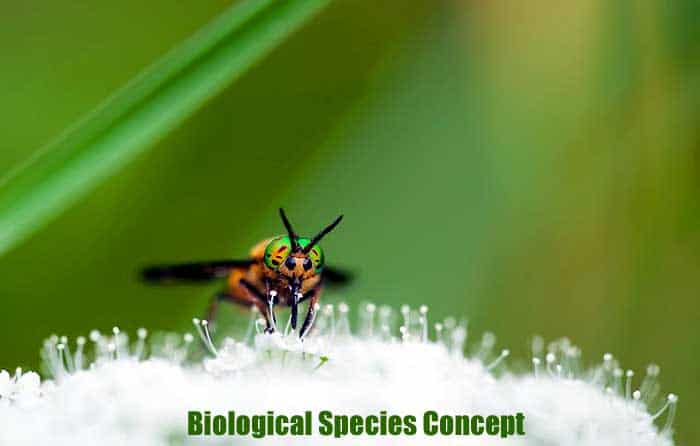
Throughout history, many attempts have been made to define a species. Learn the Biological Species Concept overview, which is the widely accepted one.

Hepatology is regarded as a branch of gastroenterology focusing on disorders of liver, gallbladder & related organs. Explore how to become a hepatologist and required educational qualification.

Being a Biology enthusiast I created this website BioExplorer.net to share my passion towards the subject as I was fascinated by this wonderful thing called “life”.

Biological Weathering is a natural phenomenon that occurs on rocks due to living organisms. Learn the definition, its process, types, and real-life examples. In the environment, 3 types of weathering occur namely Physical Weathering, Chemical Weathering, and Biological Weathering.

An epidemiologist plays a crucial role in disease prevention & making recommendations to doctors. Explore how to become an epidemiologist & academic needs.

The History of Immunology goes as far back as 430 BCE. The words Immunity and Vaccine come from Latin. See the complete immunology timeline classified by year.

Emergency room (ER) doctors are trained to treat both injuries & illnesses of patients. Learn how to become an ER doctor and required qualifications here.

The field of paleontology has greatly flourished due to the discoveries of various scientists. To give credit, here are just some of the few amazing paleontologists who made the field of paleontology blossom the way it is today. These famous paleontologists include William Buckland, John Ostrom, Henry Osborn, & more.
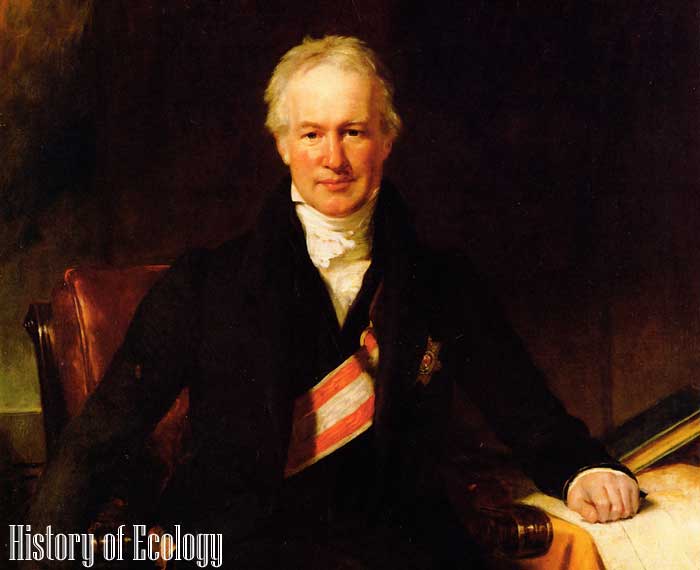
The term ‘Ecology’ comes from the Greek word ‘Oikos’ meaning “Household” & ‘logos’ meaning “Study of”. Here is a brief history of ecology and its timeline.
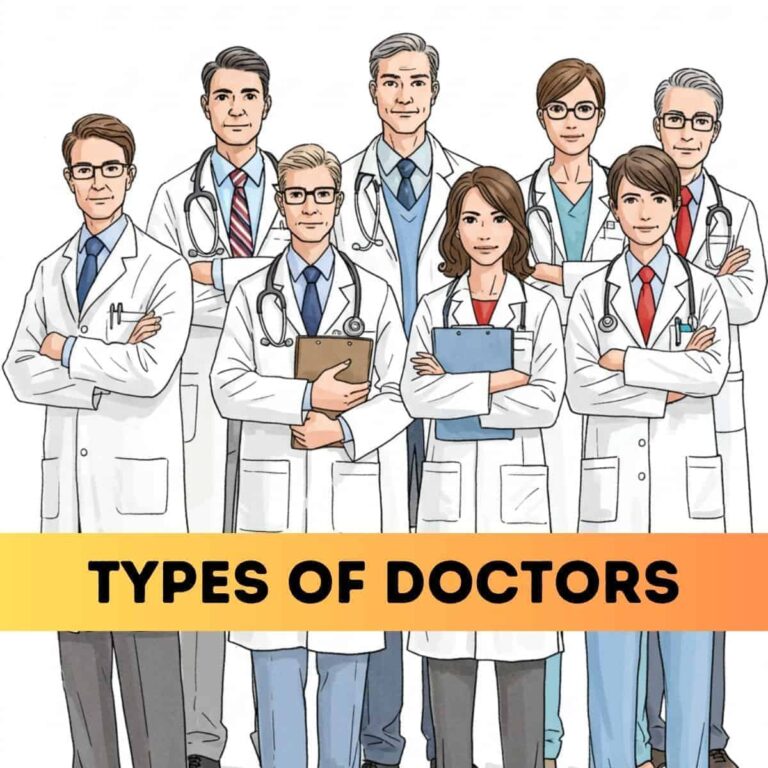
Dive into the world of medicine and explore different types of doctors and physicians and their specializations, including medical and non-medical or holistic doctor types.
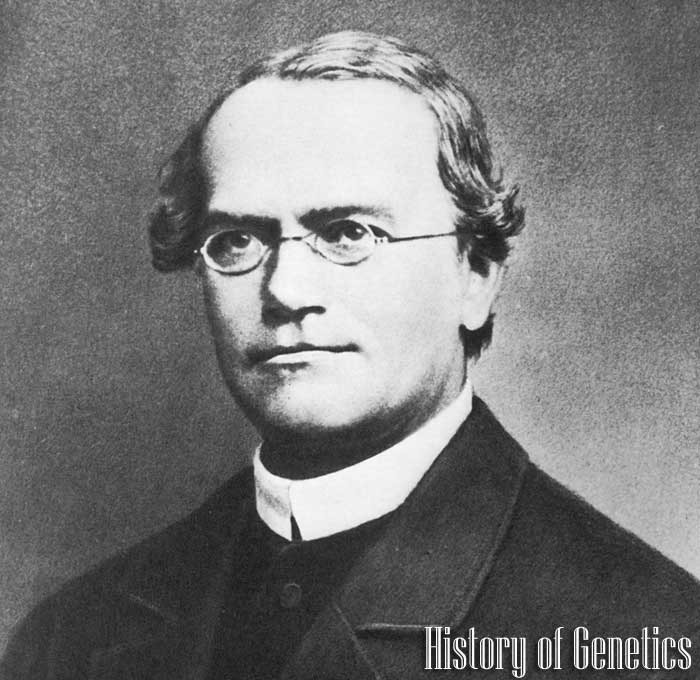
Genetics is the science of heredity & variation. This page explores the History of Genetics and important events around genetics from the start categorized by year.

Though the field of Genetics & Biotechnology has helped us in the better understanding of genes, here are 13 comprehensive Genetic Engineering Pros & Cons.
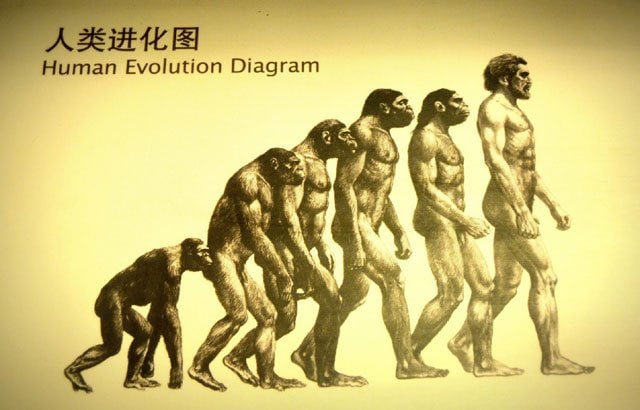
In the broadest sense, evolution is a process that results in heritable changes in a population spread over many generations. The Latin word “evolutio” initially meant “unrolling the scroll”. In its metaphorical sense, it suggests that studying evolution is like unraveling a recitation of a story.

Microbiology is the study of the structure, bodily functions & physiological processes of microorganisms. The history of microbiology begins from 1564.
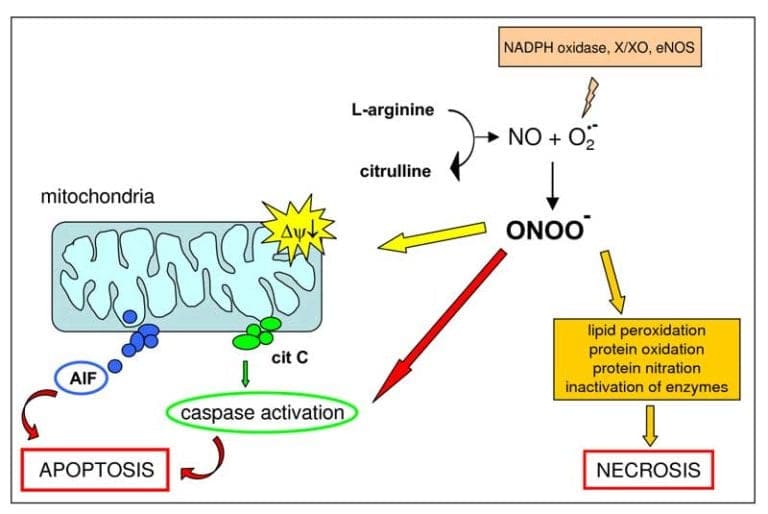
When cells in a living organism fail to perform its regular functions, cell death occurs. It is a natural process wherein the dead ones are replaced.
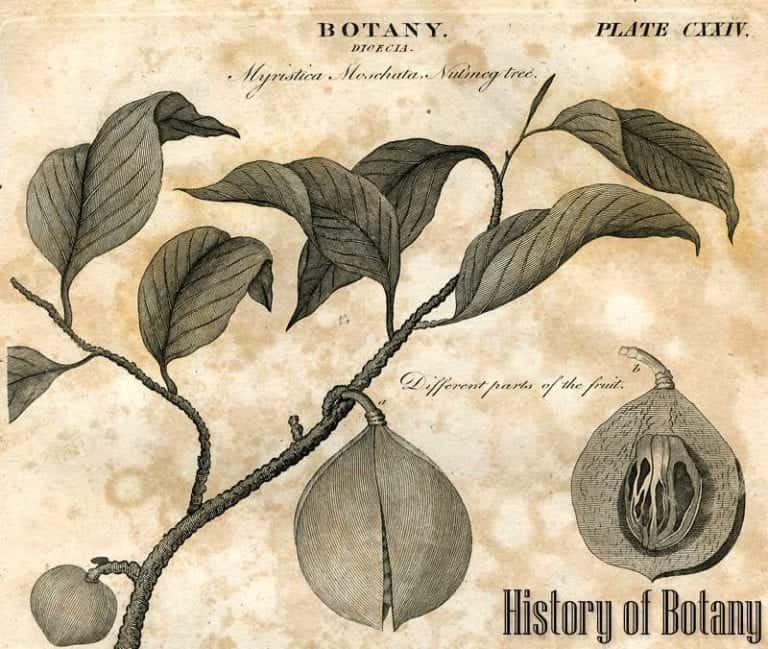
Botany is the systematic and scientific study of plants. The history of botany goes as far as to 4th century B.C.E. Check out a timeline of botany history.
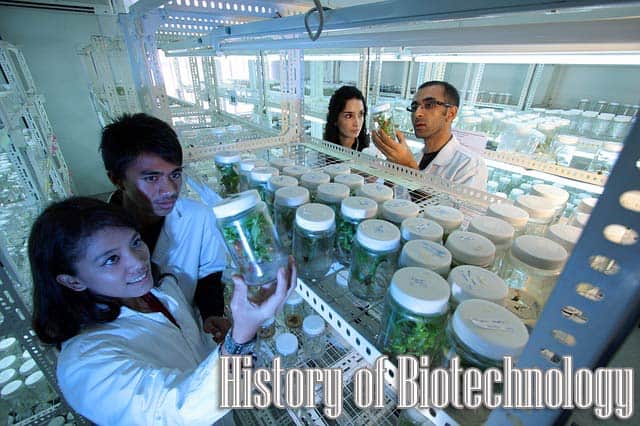
Biotechnology is a mixture of the knowledge obtained in biology with scientific methods & practices in technology. See the history of biotechnology here.
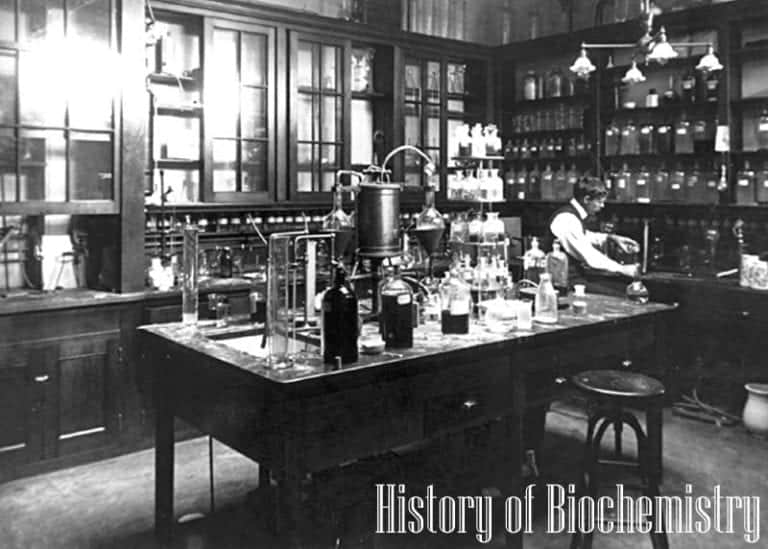
Biochemistry is the study of the chemical composition of the living matter. History of Biochemistry stemmed from the Ancient Greek civilization. Check out the timeline.
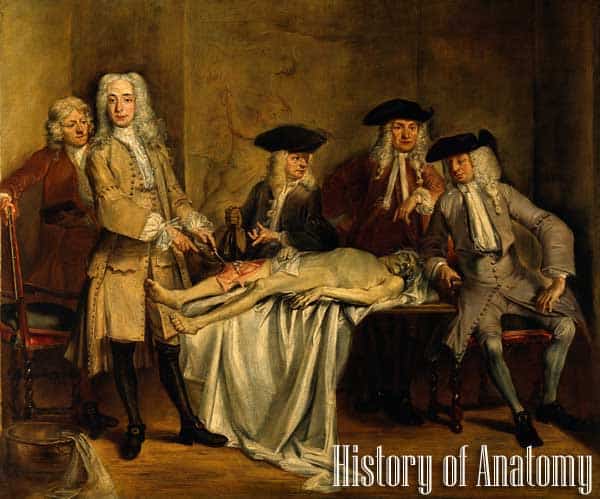
Anatomy is one of the oldest branches in medicine. The term anatomy comes from the Greek word anatome. See the complete history of anatomy timeline here.
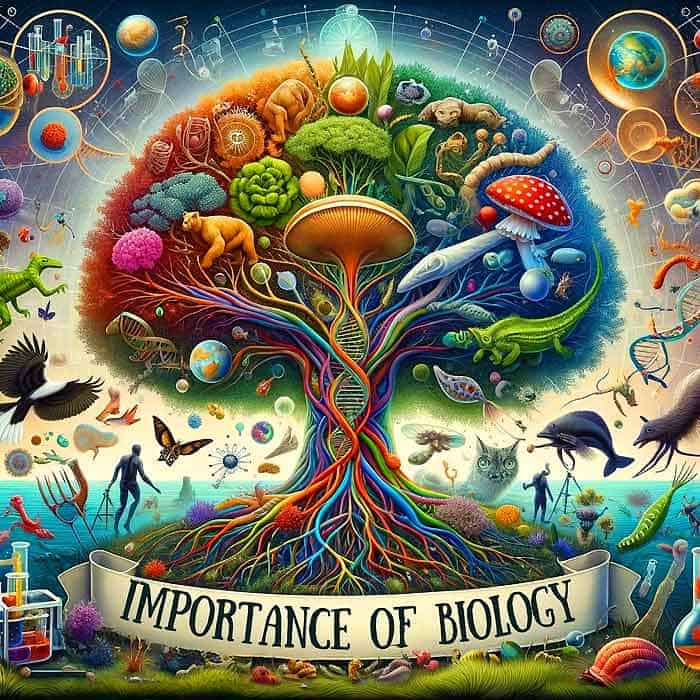
The importance of biology as highlighted through top 25 key reasons spanning fundamental life science insights, medical advances, biotechnology innovations, climate solutions, and unraveling mysteries of cognition, evolution, and homeostasis transforms lives by leveraging nature’s evolutionary wisdom.

Walruses are Arctic Circle’s creatures, considered to be one of the largest fin-footed sea mammals. Explore what do walruses eat, how walruses hunt & more.

The term Evolution can be defined as the study of living organisms, the stages of development and also all nuances about the natural history of Earth.
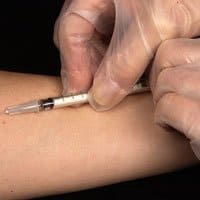
Immunology is a branch of biomedical science that encompasses the study of immune system in all living organisms. Learn studies and career options in immunology.